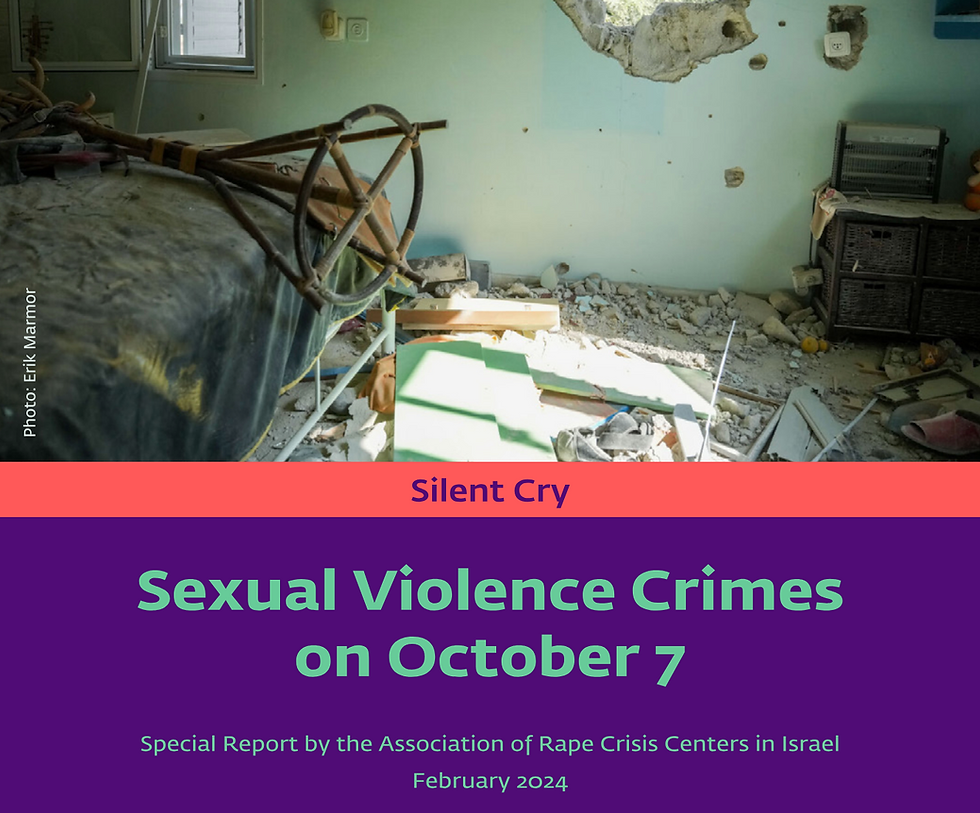The Erasure of the Private Sphere in Iran
- Genocide Watch

- Nov 13, 2025
- 2 min read
Updated: Dec 10, 2025
By Franzie Schatzl and Jack Budlow

The erosion of the private sphere is a hallmark of totalitarianism. The demolition of individuality and
individual rights gives a pathway to a new identity, one that is purposefully connected to the masses, to
the power of the collective. Whilst individual rights may formally be retained on paper, they are actively
hollowed out. Moreover, intrusion into the private sphere becomes normalized and therefore legitimate.
By intruding into homes, relationships, and even our subconscious level, regimes dismantle the spaces
where individuality and dissent may prevail. This paper examines how the Iranian regime erases the
private sphere, focusing on home invasions and the “Loss of a Safe Space,” political polarization and
apathy, loneliness and destruction of community spaces, the suppression of bodily autonomy, the erasure
of women and history, and the extension of control into thought and imagination. This destruction of the
private sphere not only undermines public and, therefore, private freedom, but it also extinguishes that
freedom at its root by aspiring to extend state power into thought and emotion.
The state systematically undermines the sanctity of private spaces, where individuality, trust, memory, and dissent can thrive. The destruction of the private sphere directly contributes to and accelerates the collapse of the public sphere – they are interdependent spheres. This results in freedom not only absent in public life, but extinguished in the most private corners of thought, memory, and identity.
Resistance to authoritarian regimes must therefore recognize that the struggle for freedom is not only
waged on the streets, but in families, homes, bodies, memories, and dreams.
Full report available under:






